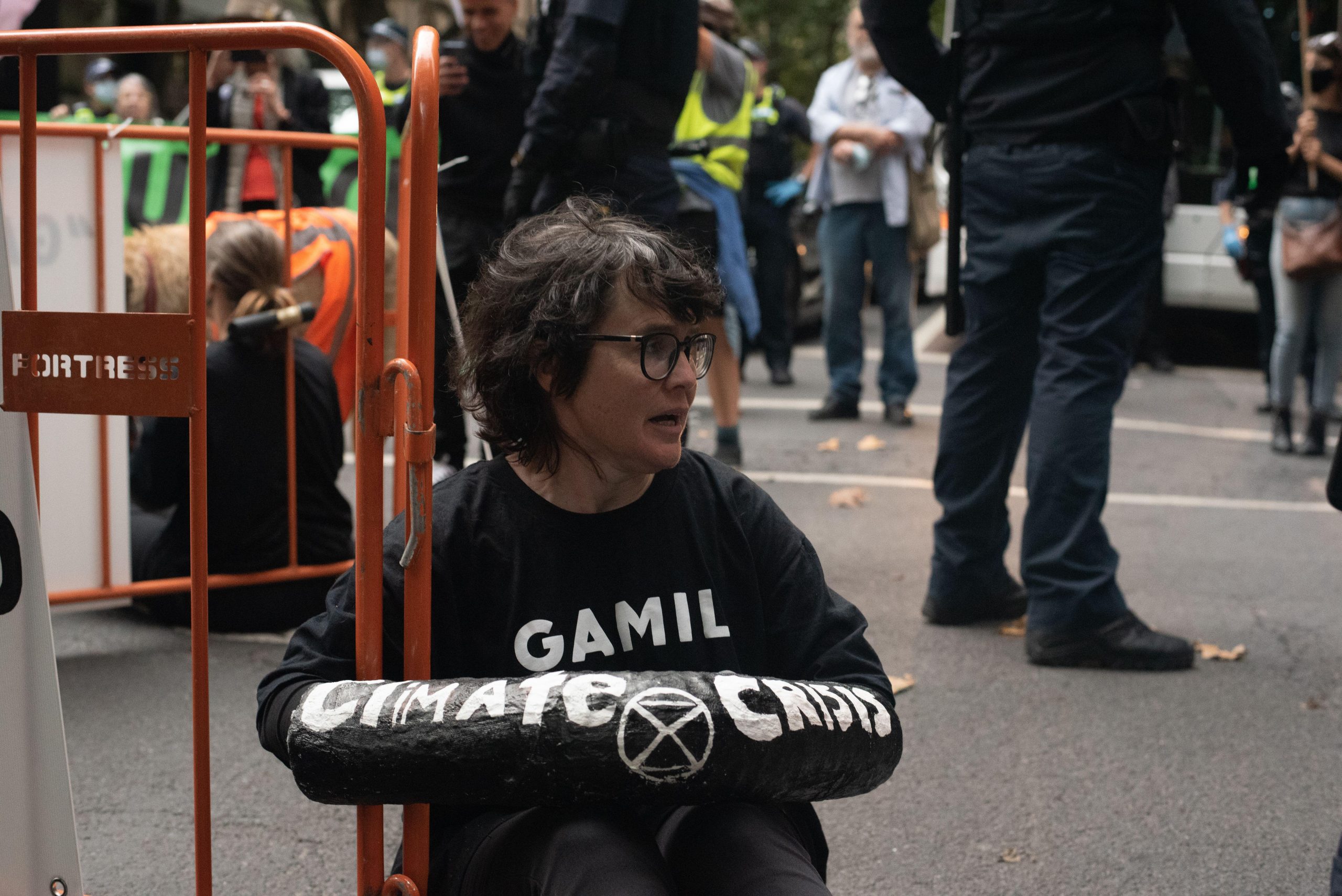
Olga Birukova examines the online activism that is keeping pressure on Lukashenko
Around 40 per cent of Belarusians have Internet access. It’s something of a luxury, but those who do have access are using it creatively. For Belarusians in exile it’s often the last resort: they ask themselves, “what can I do but post online?”
For those inside Belarus it’s become a secure way to communicate with like-minded people who trust Facebook more than the President’s official newspaper. Working together both those in Belarus and outside are creating an online community, with the advantages of being mobile, flexible, informal or anonymous, and growing quickly.
Sadly, the KGB and special services are learning fast too. During the “Days of Action” that saw mass protests against President Lukashenko, Twitter and Facebook were full of falsified news stories, designed to deter readers from joining the protests.
The Revolution through Social Networks (RSN) actions began online as a page on social network VKontakte (a major force in Russia and Belarus with over 135 million registered users) and now has over 28,000 supporters. Any Belarusian political party would be delighted to get so much support in such a short period of time. The silent “clapping protests” against Lukashenko’s 17-year rule were initiated online via the RSN page.
RSN has four page administrators: 3 in Minsk and one, 24-year-old Vyacheslau Dianau, in Krakow. This has proved a useful structure: when those in Minsk get in trouble with the KGB, or cannot get access to the page, Dianau can keep the page active and continue the dialogue. Being slightly safer in Poland, Dianau is the main contact for journalists and also leads the NGO “Movement of Future”.
As the RSN page is open for anyone to read, the Belarusian media including svaboda.org, nn.by, republish its updates — turning them into news, and in turn widening the audience for its street actions. It looks like a computer game combined with a flash mob, which is part of its attraction to young people. As a result, the police sent to stop the street actions are presented with a “smart crowd”; with no defined centre to kettle, no leaders to arrest, and no loud speakers to confiscate.
So far, analysts on Belarus can only guess why these actions have become so popular. Paulyuk Bykowsky from “The Belarusians and the Market” reminds us that “usually there is an increase in political activities and politically inspired flash mobs especially, after each further Lukashenko election.”
Hence we now see a similar wave of protests, but bigger than in the past due to the confluence of many factors: a post-election clampdown has seen the detention of 43 political prisoners and suppression of any political dissent, and the country’s economic crisis has been a source of frustration. Meanwhile, the Arab Spring has been an inspiring example to Belarusians.
Cynics believe that the clapping protests are merely a fashion statement, due to fade soon. They add scornfully that there is no politician, nor political party, nor working class support for the movement.
“You need working class support to win a revolution” — state all school history textbooks since the Soviet era. In Belarus, with its industrial giants being kept afloat by state subsidies, it sounds reasonable. Aware of this, RSN has produced a printable leaflet to use in local communities, aimed at working class men, who are an “unknown civilization” for many, wealthier, netizens.
On 20 July, small business leader Viktar Garbachou called his colleagues to support the “Wednesday actions”. His Facebook message read: “Let’s make Wednesday the day of the non-working entrepreneur. Let it be our Day of Solidarity. Having lost your Wednesday income, you’ll get a free country on Thursday. Your Wednesday loss will make your family stronger.”
It was the over-reaction of police and others in “plain clothes” that made the silent protests so loud in Belarus and abroad.
Protesters photographing KGB for future trials
With protesters arrested for clapping, and heavy physical force used, netizens are fighting back the only way they can – online. Photos of plain clothes agents have been posted online with appeals to disclose their IDs, in case any reader can recognize their faces. The aim is to use these photos in future trials on human rights violations. Various blogs, the Facebook group ‘Wanted criminals in civilian clothes’ and Posobniki.com all aim to expose those who help the regime.
Some bloggers have exposed the faces and full names of judges who were involved in the political trials. With EU sanctions now expanded to cover judges involved in political trials, this is not merely a gesture. Other bloggers have brought together the stories of struggle and hardship of the prisoners and their families. Some catalogue lists of links with full coverage of the actions. As these blogs are reposted on social networking sites, such stories spread quickly around the internet.
So far, there’s been no official response, merely a few angry slips of the tongue from Lukashenko as he spoke about “somebody sitting in Krakow”, others “clapping and mooing”. But the regime is showing signs of weakness: after an online campaign Andrew Pozcobut, who writes for Polish daily Gazeta Wyborcza, was handed a suspended 3-year prison term for libeling President Lukashenko, yet this was a far lighter sentence than expected. Some suggest this proves officials are increasingly aware of the real impact of social networks. Another recent campaign to help Nikita Likhavid, a political prisoner in solitary confinement has taken off. The story was originally published on a blog, republished by the media, and after a wider audience took up the case, influential members of the regime are attempting to negotiate the case with the colony’s administration.
The Internet has not changed the regime; but the strength of online solidarity and support is beginning to shift power from the state to citizen.





